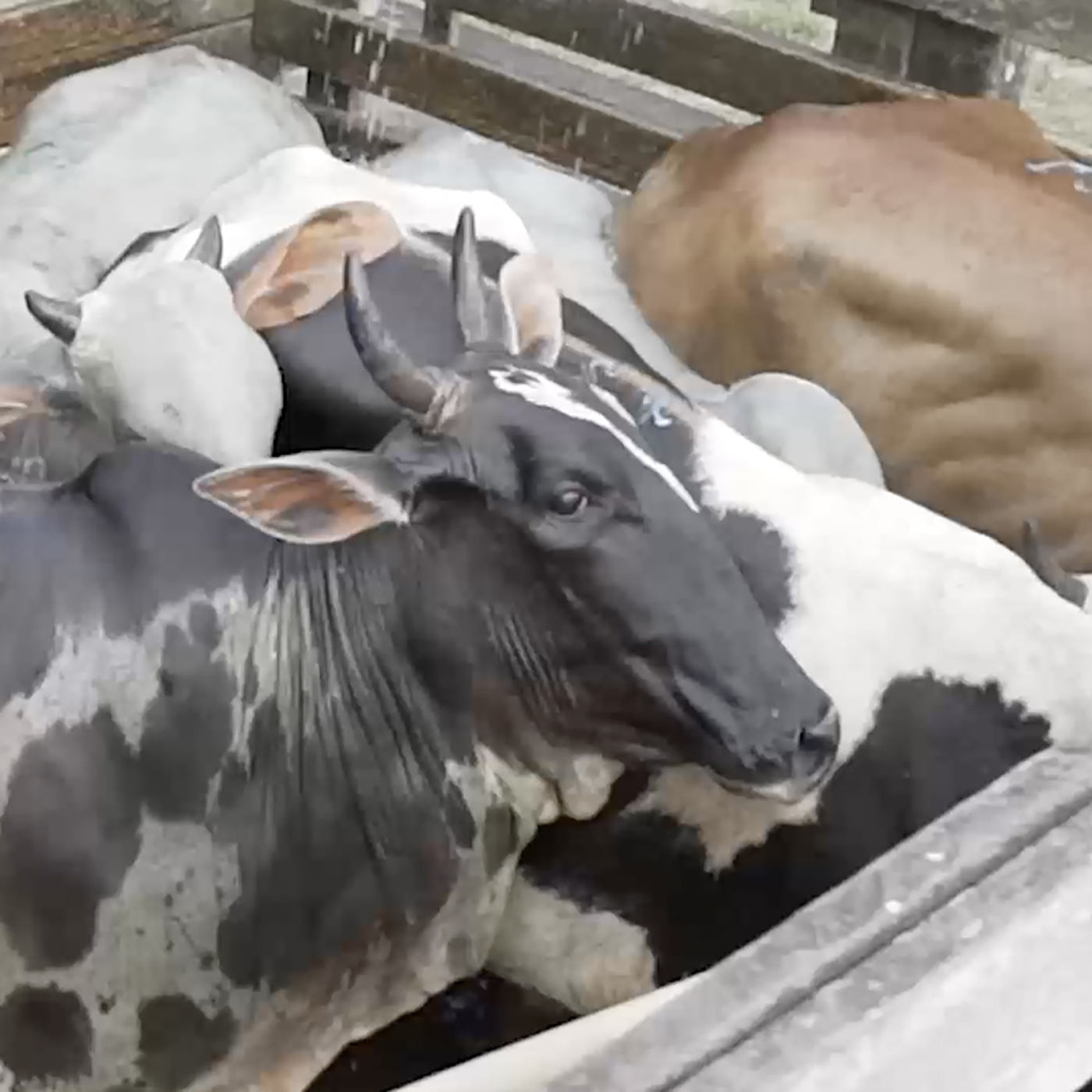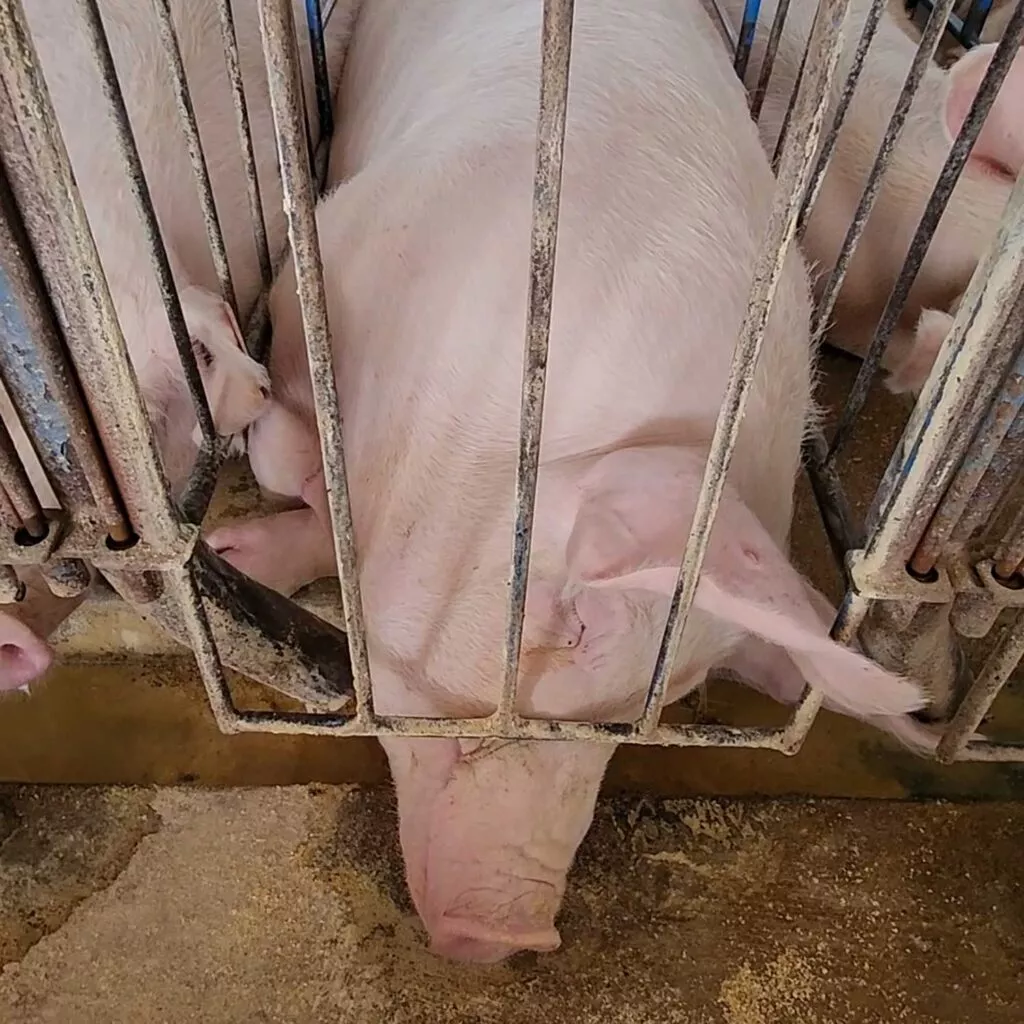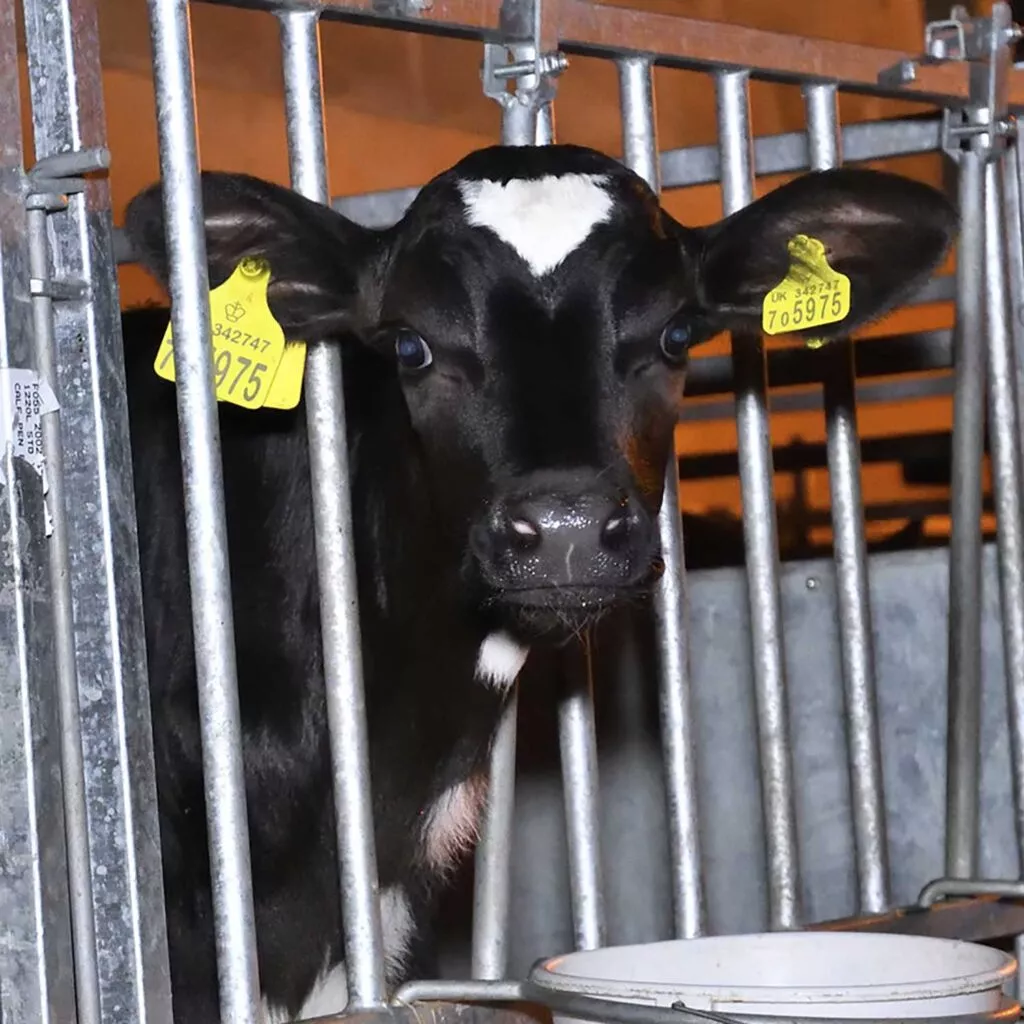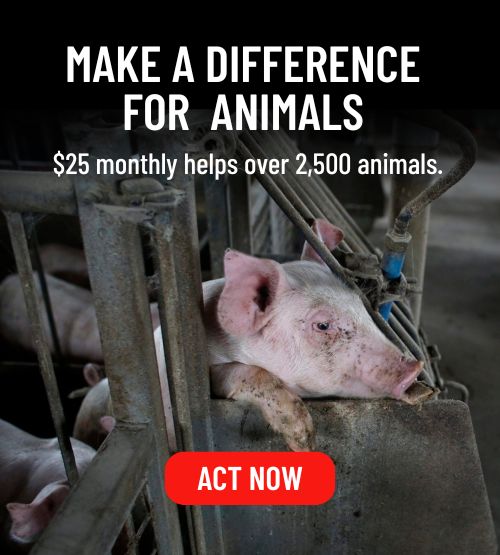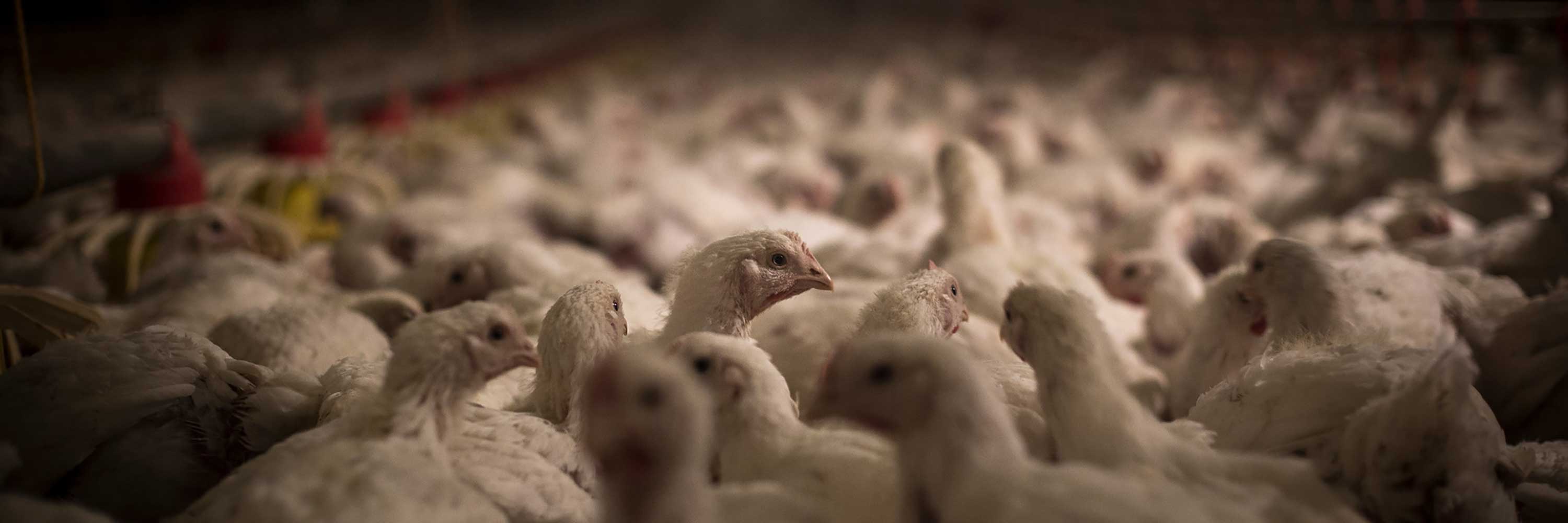
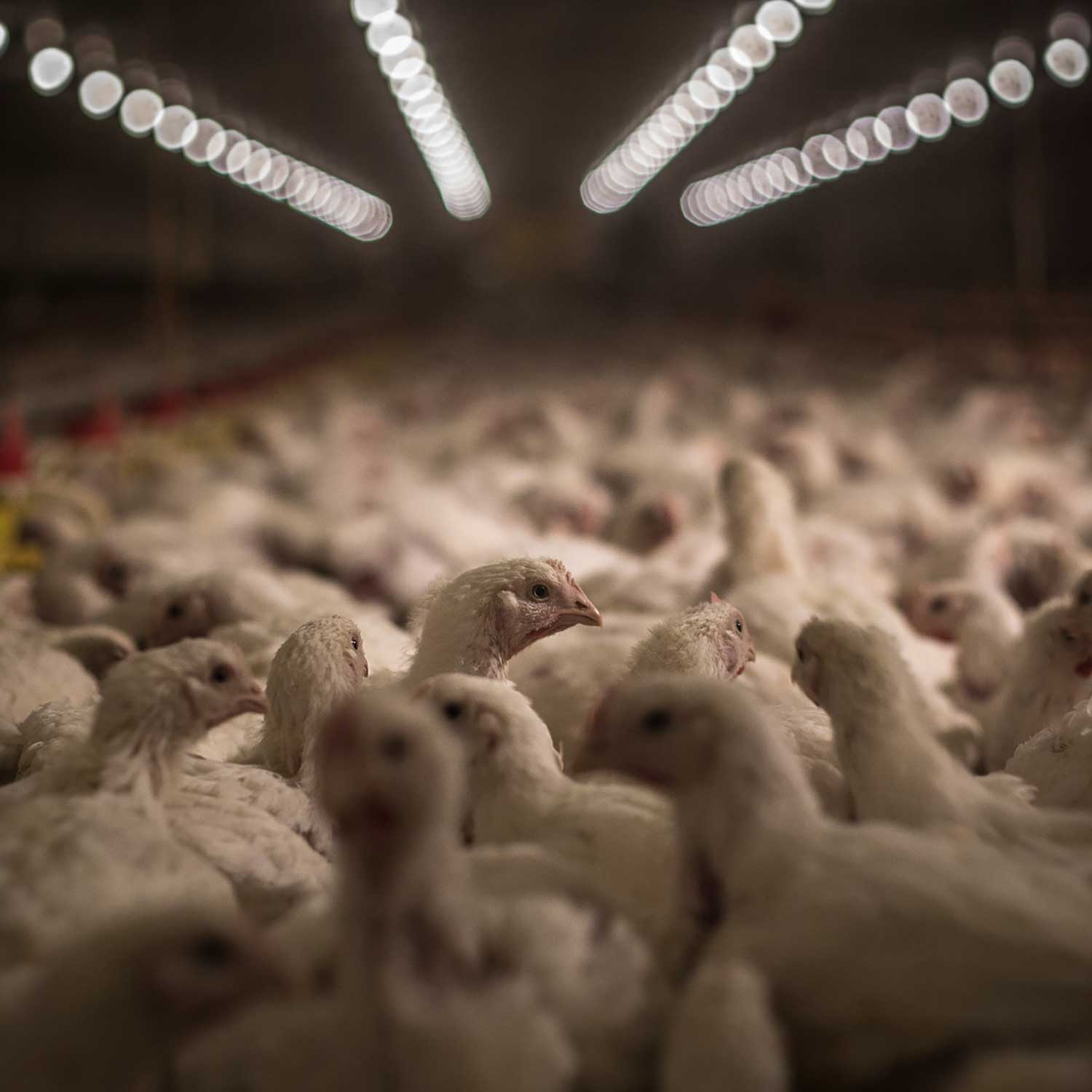
Cultivated Meat: A Sustainable Revolution in Food Production
While there is still work to be done in the fight to end animal cruelty, the emergence of new technologies offers a glimmer of hope to improve the lives of animals. Cultivated meat, also known as lab-grown meat or cell-based meat, is one such cutting-edge technology that has the potential to significantly reduce the negative impacts factory farming has on animals and the environment.
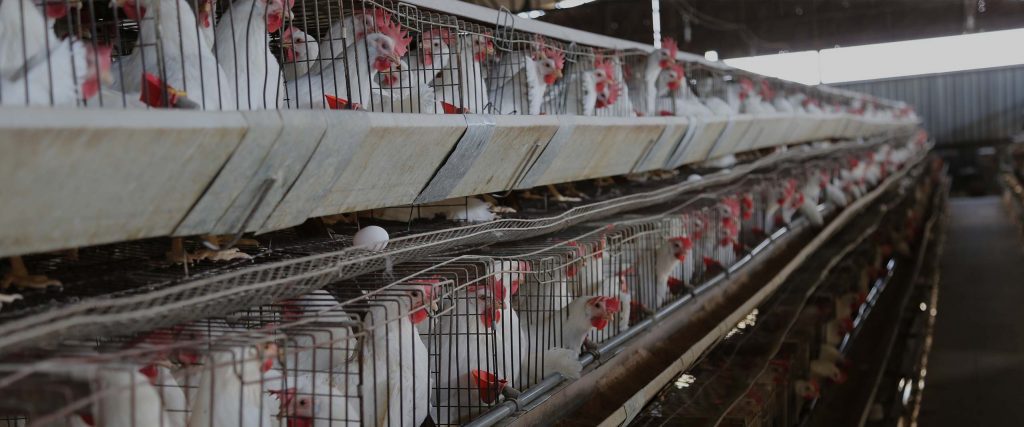
What is “Cultivated Meat”?
Cultivated meat represents a major change in the way we produce meat for human consumption. Simply put, cultivated meat is created using animal cells grown in a lab without the need to raise or slaughter animals. It starts with collecting a small sample of cells from the animal that eventually turns into edible meat products that look and taste just like conventionally-produced meat.
The Science and Technology Behind Cultivated Meat
Imagine cultivated meat production as a process similar to growing plants in a greenhouse, but instead of growing whole animals, scientists are growing specific types of animal cells outside of the animal’s body. Here’s a simplified explanation of the process:
1. Cell Collection: To start the process, a lab takes a small sample of cells from an animal, typically through a harmless biopsy or a non-invasive method. These cells are tiny building blocks that can develop into different types of tissues found in meat, such as muscle cells, fat cells, and connective tissues.
2. Special Liquid Medium: These collected cells are placed in a special liquid medium, also known as a nutrient-rich broth. Think of this liquid as the “plant food” for the cells. It contains all the essential nutrients the cells need to survive and thrive, just like plants need water, sunlight, and nutrients from the soil.
3. Cell Growth and Differentiation: With the cells placed in the nutrient-rich liquid, they begin to multiply and grow. The liquid provides them with all the necessary resources to divide and expand in number. As they continue to grow, they start transforming into different types of tissues found in meat, like muscle tissue, fat tissue, and other components that make up the meat.
4. Assembly of Tissues: Once the cells have multiplied and developed into the desired tissues, they can be assembled into the desired meat product. For example, if the lab wanted to produce a steak, the muscle cells will be aligned to form muscle tissue, and fat cells and connective tissues that will be incorporated to create the desired texture and flavor.
5. Harvesting: Once the cultivated meat has reached the desired maturity, it is harvested for consumption. Since it is produced outside of an animal, there’s no need for traditional animal farming practices.
The key to this process is understanding how cells work and providing them with the ideal conditions to thrive and differentiate into various tissue types. By doing so, labs can grow real meat without the need to raise and slaughter entire animals, making cultivated meat a promising solution to address the challenges of traditional factory farming.
Cultivated Meat Companies: Leaders in the Field
The race to commercialize cultivated meat has attracted substantial interest and investment from numerous innovative companies worldwide. One of the top players is the Good Food Institute (GFI), a nonprofit “think tank” that works with businesses, scientists, and decision-makers to create better food systems for the world and its animals. GFI specializes in developing alternative proteins, like cultivated meat, to meet “the world’s climate, global health, food security, and biodiversity goals.”
With the philanthropic aid of organizations like Good Food Institute, here are some of the top companies in the United States working to produce cultivated meat alternatives:
- Upside Foods: A pioneering company, Upside Foods, originally known as “Memphis Meats” has successfully produced cultivated beef, chicken, and duck. They focus on sustainability and envision a future where cultivated meat is readily available and affordable.
- Finless Food: Finless Food is an innovative company working on alternative seafood products, including a cultivated bluefin tuna alternative.
- SciFi Foods: Formerly Artemys Foods, this startup company is creating “meat the world can depend on” with various cultivated meat products, particularly beef.
- Fork & Good: This startup is pioneering the production of “delicious meat in a sustainable manner” with cultivated pork and other meat alternatives.
The Impact of Cultivated Meat
Cultivated meat has the potential to revolutionize the way we produce meat and significantly impact factory farming practices. By eliminating the need to raise and slaughter entire animals, cultivated meat can reduce animal suffering associated with intensive confinement and cruel practices for cows, pigs, chickens, fish and other animals who have little legal protection from cruelty.
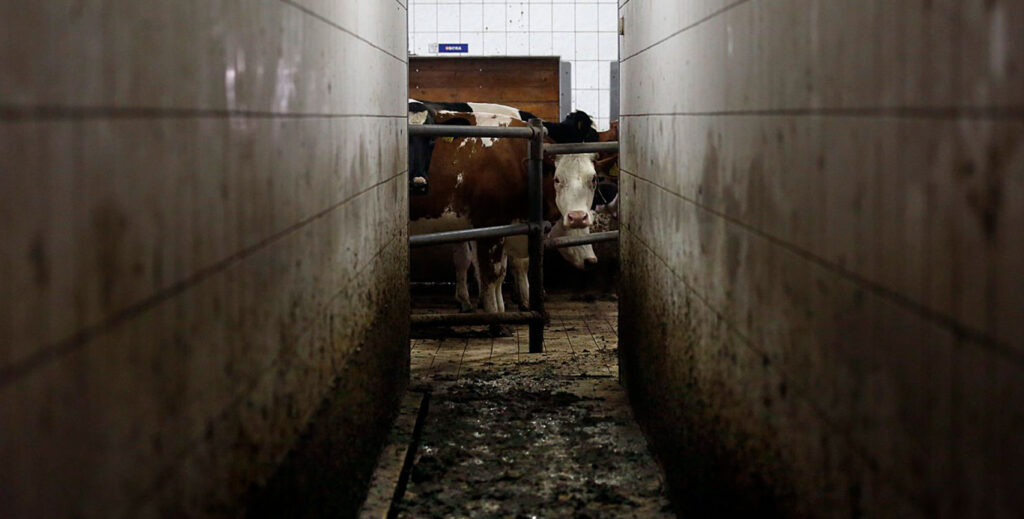
Factory farming in the United States is characterized by a staggering scale, with an estimated 10 billion land animals slaughtered annually to meet the demand for food products. In fact, approximately 99% of the country’s meat supply comes from these large-scale operations.
Here is a breakdown of the number of farmed animals killed every year in the United States:
- 9,300,000,000 chickens
- 3,800,000,000 fishes
- 214,000,000 turkeys
- 124,000,000 pigs
- 33,000,000 cows
- 23,000,000 ducks
As awareness of these issues increases, more individuals, governments, and organizations are seeking ways to transition towards more ethical and sustainable food production systems. By supporting and adopting these alternative approaches, cultivated meat holds the potential to stop these numbers from growing as significantly as they are. Every number represents a life—a feeling-being that never got the chance to experience freedom beyond the confines of a factory farm.
You Hold the Power to Transform Our Food System
Cultivated meat represents a game-changing innovation in the realm of food production. As technology continues to advance and cultivated meat becomes more accessible, we are inching closer to a more sustainable and humane future.
As scientists continue to develop innovative measures, you too can make a positive change for animals by contributing to the improvement of our food system. One impactful step is to consider replacing meat, dairy, eggs, and other animal products with plant-based alternatives. By joining our Love Veg movement and encouraging your friends to do the same, we can make a positive difference and create a brighter future for animals.
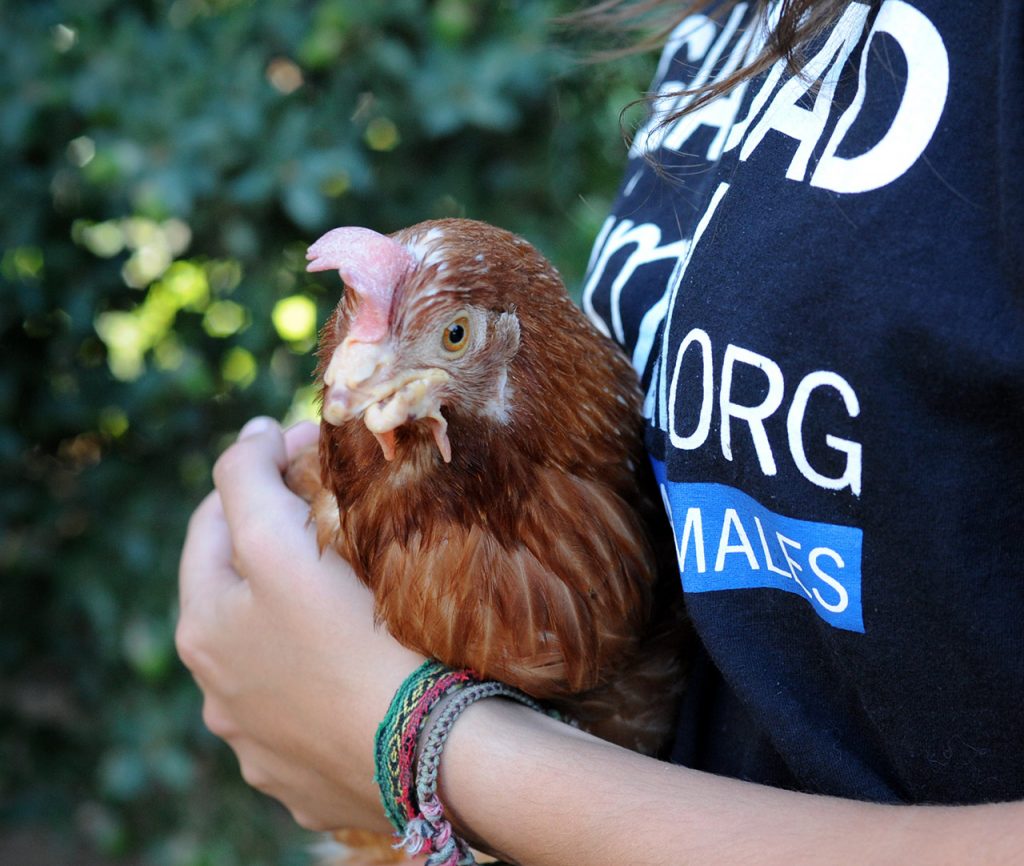
LIVE KINDLY
With rich emotional lives and unbreakable family bonds, farmed animals deserve to be protected.
You can build a kinder world by replacing animal food products with plant‑based ones.
Recommended
